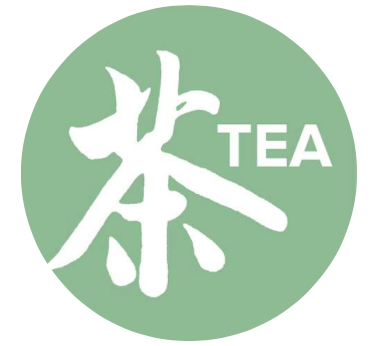The Right Time and the Right Place
Until now, the study of tea has primarily focused on specific geographic regions or its health benefits. A comprehensive view of the world’s diverse tea cultures—from the ancient traditions first laid out in the Cha Jing of China to the importance of tea time in British daily life—will yield new cross-cultural and societal insights. At the same time, growing consumer demand as well as increasing interest in tea’s health benefits require a new and robust interdisciplinary approach.
Through the Robert Mondavi Institute for Wine and Food Science, the World Food Center and the Agricultural Sustainability Institute, UC Davis’ century-long legacy of excellence in agriculture is reaching new heights. This core expertise, complemented by a world-class health system, has made UC Davis a global leader in innovations at the nexus of food, health and the environment. The university’s premier research faculty in the humanities and social sciences rounds out the breadth of expertise we bring to bear on the study of tea.
The Opportunity
Tea is the number one prepared beverage in the world. Approximately four in five of all consumers drink tea—only water is consumed more. Cultural exchange and goodwill, medicine and nutrition, trade and commerce, plant sciences, social sciences, agriculture and the arts all come together in this extraordinary beverage.
Tea’s growing presence in the international marketplace, its potential for enhancing well-being, and the need for common ground in a highly interconnected world make this the right time to significantly expand research on tea. From the chemistry of Camellia sinensis to health benefits to sensory aesthetics to visual and material culture, UC Davis can study tea like no other institution can.
A Multifaceted Approach
There is no better way to understand a country or culture than through its cuisine. Katharine Burnett, co-chair of the Department of Art and Art History, director of the East Asian Studies Program and director for the Global Tea Initiative for the Study of Tea Culture and Science, is leveraging UC Davis’ outstanding expertise across the disciplines to build an international hub where tea is studied in all its aspects.
Ensuring Sustainability: Cultivating climate-smart, water-wise and economically sustainable beverage crops—from terroir to the table—is one of UC Davis’ greatest strengths. The Global Tea Initiative for the Study of Tea Culture and Science convenes researchers and tea producers from around the world to share best practices in crop yield and quality, explores links between geography and food/dietary studies, and tests tea growing and harvesting under various soil and climate conditions.
The Ways of Tea: Researchers engaged in the Global Tea Initiative for the Study of Tea Culture and Science collaborate across the humanities and social sciences to explore the myriad ways tea shapes people and places. The cultural and economic forces that have influenced teapot design, shifts in gender roles in Japanese tea ceremony from the Edo Period to today, the role of tea in hospitality across Asia, Europe and the Middle East, and changing consumption of tea in Asia and the U.S. are just some of the topics researchers are pursuing. UC Davis’ new Jan Shrem and Maria Manetti Shrem Museum of Art provides the potential for collaborative exhibitions of calligraphy, paintings, ceramics and tea-related visual and material culture.
Advancing Well-Being: Unlocking the full potential of tea’s health benefits requires translational research into its flavonoids. The National Institutes of Health has identified a need for more research into tea’s anti-carcinogenic potential. Evidence points toward tea improving cardiovascular health and mental acuity, but no health claims yet meet with U.S. government approval. With its many centers of excellence, including a leading-edge Institute for Population Health and nationally designated Comprehensive Cancer Center, the UC Davis Health System has the breadth of specialties and clinical trial programs needed to illuminate how tea supports and enhances health.
Fostering International Exchange: Tea has always brought people together. The Global Tea Initiative for the Study of Tea Culture and Science serves as a hub for connecting visiting scholars and students of all nationalities, world-renowned researchers, industry leaders and tea connoisseurs to share and advance knowledge. By opening multiple pathways, from study abroad programs to global colloquia to the world’s first premier library of materials on tea, our efforts will facilitate idea exchange and mutual understanding.
Driving Innovation: Just as our Graduate School of Management has changed how industry leaders do business through its Wine Executive Program, and our College of Agricultural and Environmental Sciences produced the first standardized lexicon for wine with its famous Wine Aroma Wheel, UC Davis offers the tea industry extraordinary partnership possibilities.
Located at the epicenter of the world’s fastest growing tea market, with campus partners such as the Sustainable AgTech Innovation Center, the Global Tea Initiative for the Study of Tea Culture and Science is strategically situated to advance industry best practices and shape consumer awareness in this substantial sector of the global economy. We can also support the commercialization of clean technologies by identifying and accelerating new ventures that promote sustainability in tea production.
